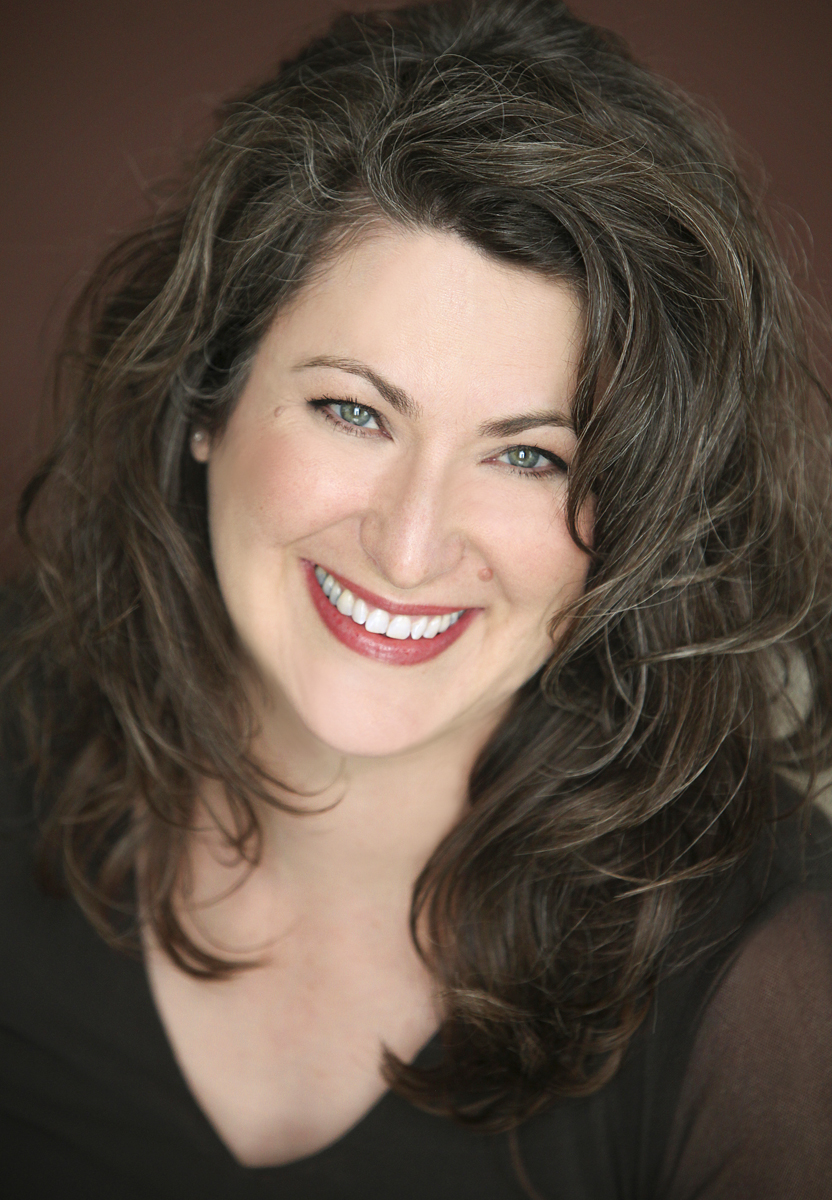So let’s return to our topic of choosing your next writing project.
In my first post in this series, I wrote about where and how writers tend to get stuck choosing writing projects.
In my second post in the series, I wrote about using “decision criteria” to make choices about your next writing project. I should clarify here perhaps, that I’m specifically talking about long form writing projects (a novel, a feature script, a book, etc.). This is because long form projects tend to trigger a different kind of stuckness than short form projects which require less commitment (though there are certainly plenty of ways we can get stuck with short projects too).
In this third post, let’s talk about some additional approaches I like to use when it comes to putting projects in order of “best fit” to “least best fit for now” and also about some intuitive approaches to choosing a project.
Let’s start with project ordering.
Putting your projects in “order”
I help my clients get through project choosing paralysis by helping them think about which project comes first. This is important because many writers who are overwhelmed with choices and concepts and ideas feel attached to all of them and petrified by the idea of “giving up” any of them.
It feels like letting someone you love die, or choosing to marry one suitor and rejecting the other.
But this is more like having serial, monogamous relationships. It’s about choosing which project you’ll work on now, all the while holding in mind which one will come next, and then next again.
And yes, this works when you’re working on a series, but it also works even if you’re working with stand-alone, single-title projects.
The core idea here is to develop a project queue — a list of your projects in an order that you’ll work through. (And yes, of course it can and will change over time, it’s just to help you choose the first one NOW, and to have a sense of what comes next, to calm down the part of your brain that freaks out about missing out on something.)
To put them in order, you can use a number of a different methods, including using decision criteria like those I described last time (like those being the operative phrase; it’s important to come up with criteria that work for you, your brand, your writing career, your lifestyle, etc.).
You can also use intuitive decision making methods instead of or in conjunction to the decision criteria that help bring forth your own best inner wisdom about what comes next.
For me now, a lot of this happens semi-consciously, because I’m constantly sorting and sifting through my projects in the back of my brain, but it’s worth discussing in detail if you’re struggling with a choice.
Using intuitive decision-making methods
- My head says / My heart says. One of my favorite ways of helping my clients choose projects is to hold their collection of ideas in mind and then verbally fill in the blanks of these two statements, in turn, SAYING OUT LOUD THE FIRST THING THAT COMES TO MIND.
For the first statement, “My head says,” keep your eyes open and complete the sentence out loud: “When it comes to choosing my next writing project, my head says … ”
For the second step, “My heart says,” take a deep breath, let your head drop to your chest, put your hand over your heart, close your eyes and complete this sentence, also out loud, “When it comes to choosing my next writing project, my heart says …” Just notice what comes and notice how it feels. Sometimes they’ll match. Sometimes they won’t. But your heart will have the true knowledge, if you allow it to speak.
Note that this exercise works best when you have someone to listen and hold the space for you, like a coach, mentor, or trusted friend. Deeper truths tend to emerge in the presence of a caring witness. (Thanks to Sonia for this one.)
- Follow your fear. Another one of my favorite methods comes from Steven Pressfield. In a video interview I saw of him, he said, “Figure out what scares you the most and do that first.” The wisdom here is that our fear can be an incredible guide to exactly the next best place we need to go to grow as writers. We would not be experiencing the resistance and fear unless there was something very important lurking in that direction. So you check in with your project list to see which one scares you. Consider heading in that direction first.
I can still remember facing what I thought was my biggest fear, working on a non-fiction project, when a friend of mine said to me, “I don’t think that’s the one that scares you the most, I think it’s the fiction project.” And of course when I looked deeper, she was right. So I turned to writing my first script instead, about a painful issue that was so terrifying to me I had gone numb to it. (And that is one of the stultifying effects of fear by the way — it can make you believe you don’t care or feel nothing when in fact you feel “too much”, so again, having a witness can be an important part of this process.)
- Light / heavy. With an unordered or ordered list of possible projects, without overthinking, zip down your list and make note of which projects feel light and which feel heavy. The “lighter” projects are usually good bets and you can move them to the top. Keep in mind that in relationship to method #2, “light” doesn’t necessarily mean not scary, nor does “heavy” necessarily mean it is scary. Try using these two methods separately and see what happens. Oftentimes there’s a useful overlap that is quite clarifying, and although they may seem counter to each other on a logical level, remember that we’re using intuitive methods here. :) (Thanks to Isabel for teaching me this one.)
- Project into the future. Have a little chat here with your future self, about which is the next best project for you. Remember that s/he is already living it, so s/he’ll have the perfect 20-20 hindsight to best advise you. Close your eyes, imagine meeting your future self in a cozy spot, and just ask, “What’s my next, best project?” The answer may surprise and delight you — and may knock all the other projects well down the totem pole! (This happened to me just a few nights ago.)
- Pay attention to what catches your eye. As you hold your list of projects in mind and move through your day and your life, notice what shows up, whether through other people’s words, what you read or watch, or things you see in your day-to-day world. Sometimes a little nudge of clarity is all we need, and when we pay attention to the confluence of information and ideas and experiences we have, something will crystalize into a “Yes!” for a particular project above the others.
- Do something repetitive. One of the best ways to access your own inner wisdom and intuition is to do something repetitive. So ask yourself, “I wonder what my next project will be?” or “What’s the next best project for me?” and then go for a walk, take a shower, scrub the floor, work out, or do something else that’s physical and repetitive and just let your brain give you the answer whenever it’s ready. Part of this is about trusting the process, giving it time, and knowing that the next project will be clear in its own right and perfect time.
- Notice which project bubbles up to the top. My favorite way of choosing a project is to just let them all circulate around in the back of my brain and see which project(s) start attracting new ideas and clarity and bubble up to the surface. Certain projects just seem to have the energy and drive to rise above the others. I’ll usually have a favorite or two, a sense of which seem like the best candidates, and then wait to see what happens, and usually one emerges, just in time for the next writing rodeo.
Can you imagine using any of these tools to help you choose your next project?
Now that we’ve come to the end of this series, do you have any lingering questions or specific challenges about how to choose your next project? Ask me a question in the comments section on the blog and I’ll be happy to try to help!
And if you’re catching up, start here:
Thanks so much for reading!
Download the Newly Updated Guidebook Version Here
There’s an updated version of this post and the two others in the series, assembled into a How to Choose Your Next Book (Or Screenplay) Guidebook with an overview of the process in a PDF format, along with a workbook in a PDF and RTF format. You can import the RTF into Word or Scrivener and work with it there.
Click the image below to download the Guidebook now.





Hi Jenna,
Hey Congrats on Achieving at ScriptwritingU. I am taking the Comedy short course as I like comedy and was the only one in my Film School Class to write a Comedy. I noticed that you are mentioned among the Alumni as a Super Achiever. Well Done. :)
Back to Choosing a project. I rarely see this topic mentioned, so I am glad you cover it. I have always felt that This Topic is Key to success. Can you imagine if say Hemingway, or George Lucas, or who among the Top Achievers selected alternative Projects.
One of my current criteria is ‘Follow the Hot Trend’ for Commercial Works. I have my ‘Deck of Ideas,’ but if something takes off in the Film World or Book World, I can “Leverage the Trend,” particularily if I have an existing Idea in my ‘Deck’ that ‘Matches the Market.’ Example: I have a Martian Project in my ‘Hot Deck.’ When the Movie, Martian, came out, I could pull the idea and create a Parallel Project, Not Similar, but Parallel. Instead of always being the Ice Breaker in the Arctic, I can Surf a Warmer Wave that people will Spot Faster.
Best
Rick Tollefson
Thank you, Rick! And thank you for commenting. :) I agree, choosing our projects well is so important. It makes me nervous though, to try to chase trends, because of the timing and also if we’re JUST focused on the trend and not what we’re drawn to from our deeper writer selves. But if you’re matching up on both, because you can respond quickly with an idea you already love, I can see it being worth experimenting with. :)